Crack Open Weight Loss With the Incredible Egg Diet Plan in 2024
Get cracking’ on your weight loss journey with the incredible egg diet plan! This high- protein, low-carb diet is the key to unlocking a slimmer, healthier you. Eggs provide a powerhouse of nutrients to fuel your body while torching fat. But don’t think this diet is all scramble and no substance! I’ll give you the inside scoop on exactly how the egg diet works, the science-backed benefits, and everything you need to know to get cookin’ up some serious weight loss. Stick with me as we crack open the secrets of the egg diet together – your new beach bod is just around the corner! Let’s beat those cravings and hatch a healthier, happier you!
What Is the Egg Diet Plan?
The egg diet plan is a short-term weight loss diet where you get the majority of your calories from eggs. It’s a high-protein, low-carb plan that can help you drop pounds quickly. The basic idea is that you eat eggs – and lots of them – for breakfast, lunch, and dinner. Some versions allow small amounts of non-starchy veggies, fruits, and healthy fats.
High-Protein Powerhouses
Eggs are nutritional powerhouses packed with protein, vitamins, and minerals. The egg diet takes advantage of eggs’ stellar nutritional profile and satiating powers. Eggs keep you feeling full and reduce appetite, which can aid weight loss. A single egg contains about 70 calories and 6 grams of protein, so eating eggs for most meals provides a lot of protein without too many calories.
Lose Pounds Fast
The egg diet leads to rapid weight loss, especially in the first week. Some people lose up to a pound per day. This fast weight loss occurs because the diet is very low in calories, often around 1,000-1,200 calories per day. Much of the initial weight loss is water weight as your body uses up glycogen stores. The egg diet is not a sustainable long-term diet, but some people do repeat it from time to time to lose weight quickly for a special event.
Simple and Affordable
The egg diet is very simple to follow since eggs are the focus of most meals. Eggs are also affordable and versatile, allowing for different preparations like scrambled, poached, boiled, and omelets. The limited list of allowed foods simplifies meal planning and grocery shopping. However, the repetitive and restrictive nature of the diet can lead to boredom and cravings for other foods. The egg diet is not balanced or meant to be followed long- term.
Downsides to Consider
While the egg diet can lead to speedy weight loss, it has some potential downsides to consider. The diet lacks certain nutrients like fiber, healthy fats, and certain vitamins and minerals. It may lead to nutritional deficiencies if followed for more than a few weeks. The egg diet also does not teach sustainable healthy eating habits. As with any restrictive diet, there is a high risk of regaining weight once you stop the diet. It is not a lifestyle change. The egg diet may not be suitable or safe for everyone, such as pregnant or breastfeeding women, diabetics, or those with heart disease. You should talk to your doctor before starting any restrictive diet plan.
Benefits of the Egg Diet for Weight Loss
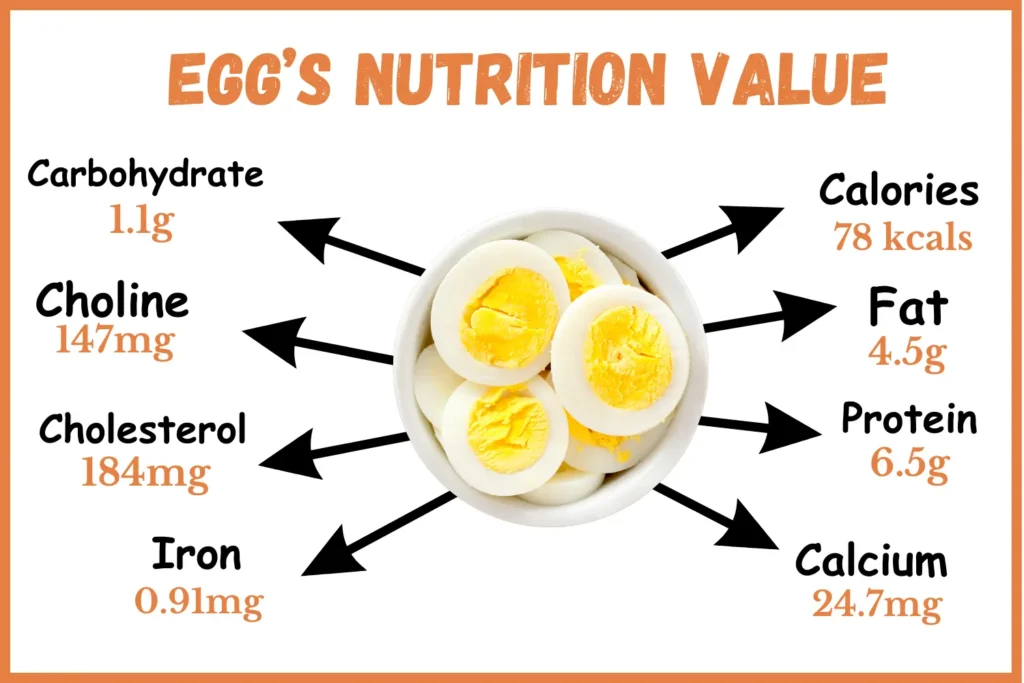
High in Protein: Eggs are little protein powerhouses, with each one containing 6 grams of the muscle- building macronutrient. When you’re trying to lose weight, protein is key because it keeps you feeling full and reduces cravings. I find that starting my day with a protein-packed breakfast of eggs helps me avoid snacking before lunchtime.
Nutrient-Dense: Eggs contain 13 essential vitamins and minerals, including riboflavin, selenium, choline, B12, folate, and B6. They’re also high in antioxidants like lutein and zeaxanthin, which are great for eye health. I feel good knowing that by eating eggs, I’m giving my body the nutrients it needs while cutting calories for weight loss.
Low in Calories: At just 70 calories per egg, they’re a diet-friendly food. I can easily fit eggs into my weight loss calorie needs and still feel satisfied. Scrambled, poached, baked, or boiled, eggs are a versatile, low-calorie option for any meal.
Reduced Hunger: The combination of protein and healthy fats in eggs helps keep me feeling full, reducing hunger and appetite. In studies, people who ate eggs for breakfast felt more satisfied and ate fewer calories at lunch compared to those who ate a bagel. For weight loss, controlling hunger is essential, so eggs are ideal for that.
Improved Fat Burning: Eating protein-rich eggs may boost your metabolism and increase fat burning. In one study, overweight women who ate eggs instead of bagels for breakfast had a lower insulin response, increased fat burning, and fewer cravings. The egg diet can jumpstart your metabolism and get your body using fat for fuel. Now that’s something I’m egg-static about!
Potential Drawbacks to Consider With the Egg Diet
As an egg diet enthusiast, I have to admit there are a few downsides to this plan I’ve experienced.
Limited Food Choices: Eating eggs for most meals can get boring pretty quickly! I found myself craving other foods within a few days. While eggs are a perfect food, a diet based solely around them lacks variety and important nutrients found in other foods. I tried to spice things up by adding different vegetables, cheeses and spices to my eggs, but I still missed the diversity of a normal diet.
Sustainability: Perhaps the biggest downside is that an egg diet is not sustainable long-term. It’s meant as a short-term solution for quick weight loss, not a lifestyle change. While I lost over 5 pounds in a week, I knew I couldn’t continue eating mostly eggs for more than a couple of weeks. The diet lacks certain nutrients and isn’t practical or satisfying indefinitely. For the best results, I recommend following the egg diet for no more than 2 weeks at a time, with breaks in between to eat a balanced nutritious diet.
The egg diet definitely has its pros and cons. By being aware of the potential drawbacks, you can make the most of the benefits and avoid frustration. If you go into the diet with realistic expectations about its temporary nature and make modifications as needed, the egg diet can be an easy, effective way to kick start your weight loss! But for long term success, stick to a balanced nutritious diet combined with exercise.
Simple Egg Diet Plan
This is the egg diet plan that gave me results in 14 days. On Sunday I went off the diet but had a simple nutritious meal. Remember to consult a healthcare provider before starting any diet plan, especially if you have underlying health conditions:
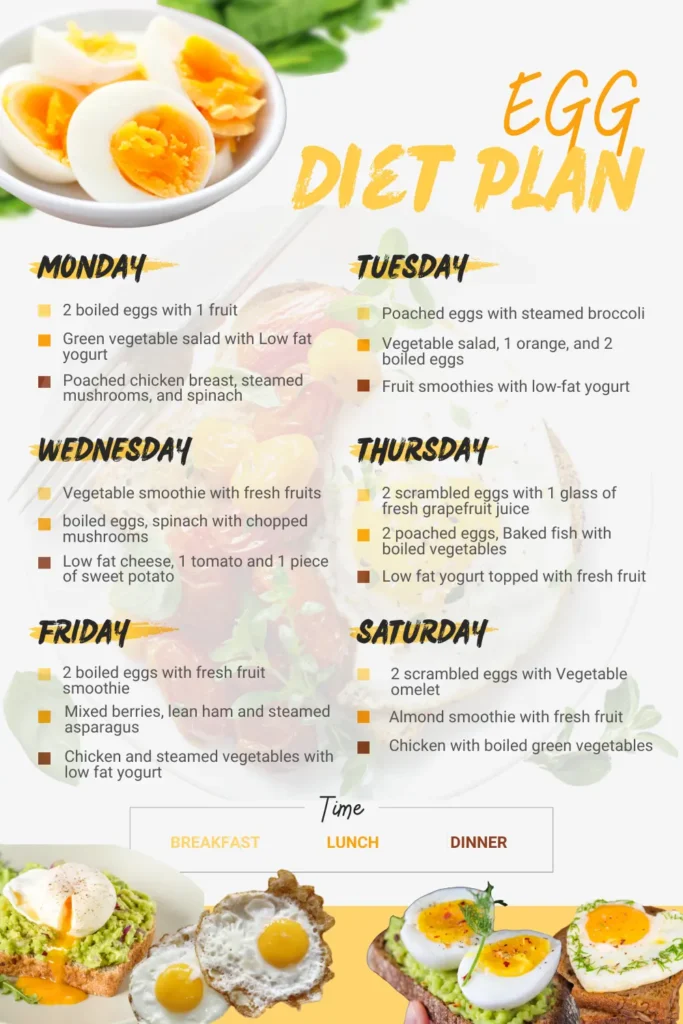
Egg recipes
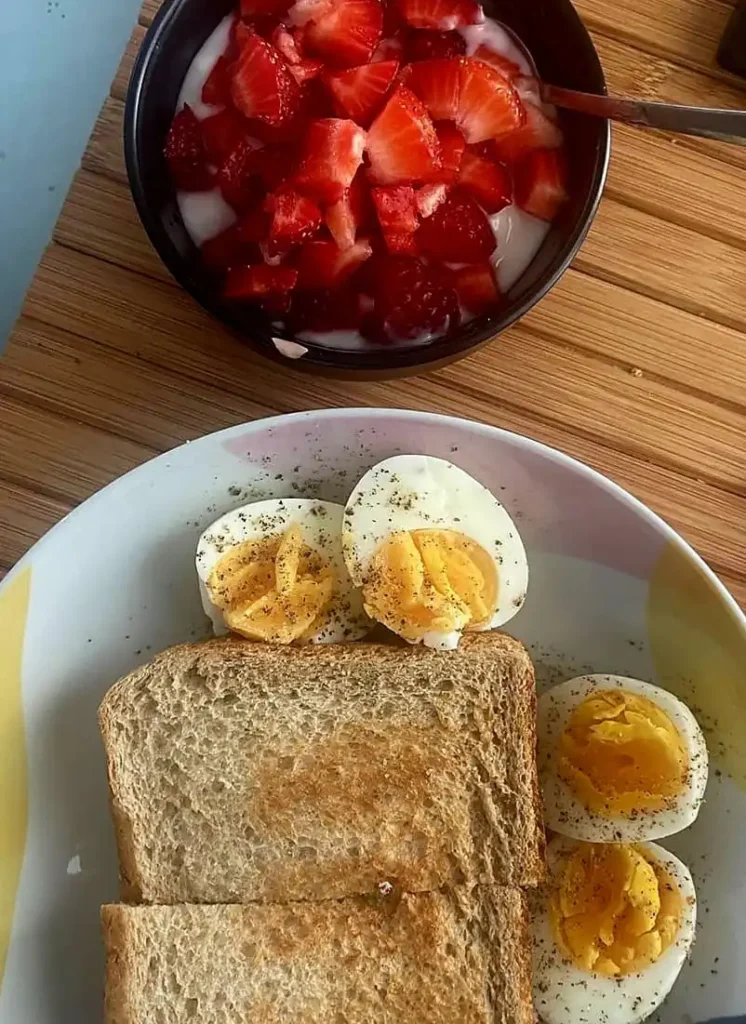
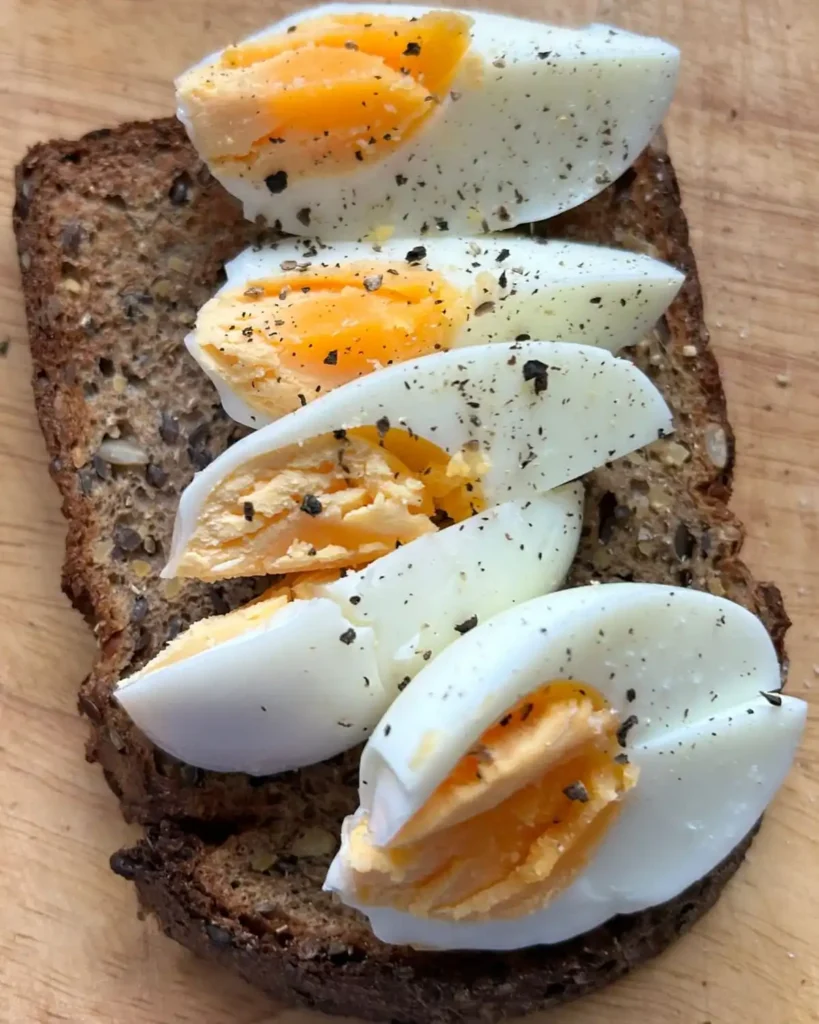

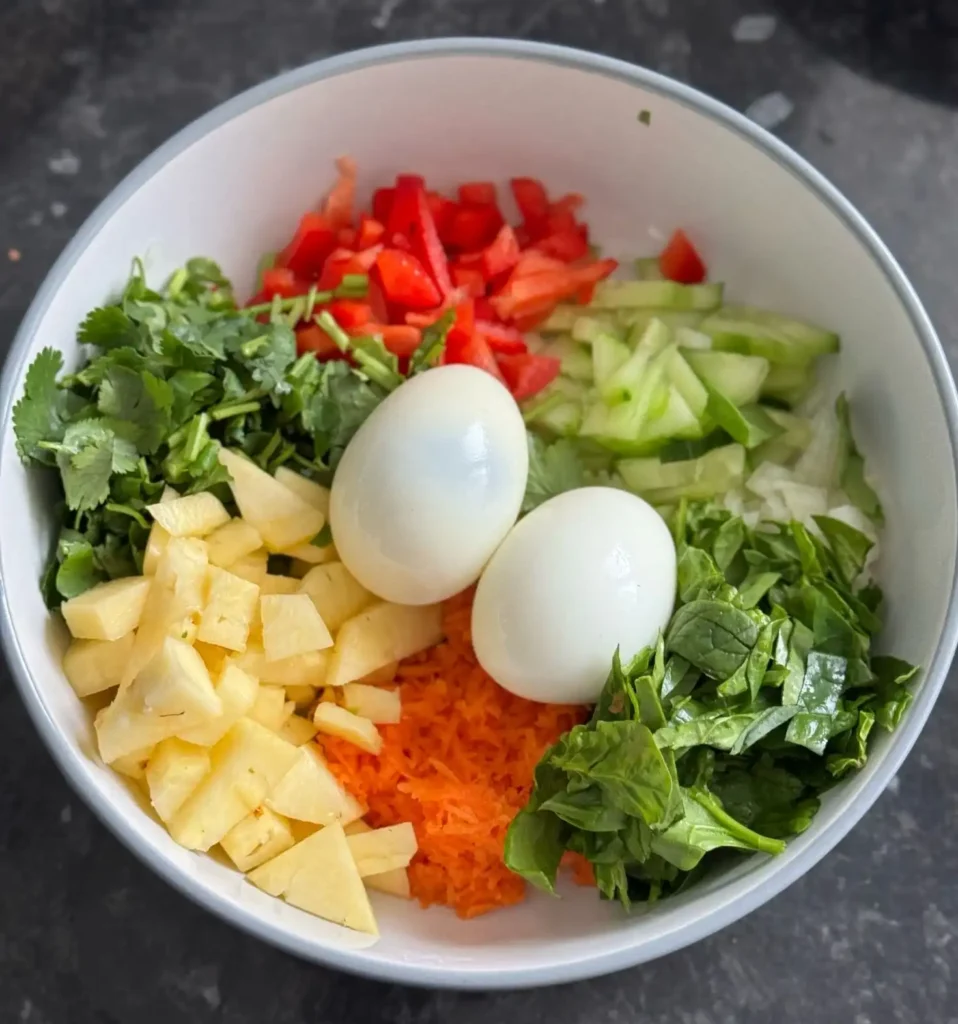
Pros and cons of the egg diet plan
Pros
- High-Quality Protein
- Nutrient-Rich
- Low in Carbs
- Simple and Structured
- Weight Loss Potential
Cons
- Limited Variety
- Risk of Nutrient Deficiencies
- Potential for Bone Health Issues
- Heart Health Concerns
- Digestive Challenges
Latest Research on Eggs and Cholesterol
As an egg diet enthusiast, I was thrilled to read about the latest research showing that eggs don’t actually raise cholesterol and are perfectly safe for your heart! For years, eggs have been vilified as artery-cloggers, but scientists have finally cracked open the truth.
Eggs Don’t Raise Cholesterol: A new study found that eating up to 12 eggs a week had no effect on cholesterol levels or other heart disease risks. Researchers studied 140 people at risk of heart disease and had half eat eggs while the other half avoided them. After 4 months, there were no differences in cholesterol or other markers between the groups. This confirms what other recent studies have shown – dietary cholesterol from eggs has little impact on blood cholesterol for most people.
The Truth About the Yolk: For years, people avoided egg yolks because of their cholesterol, but yolks actually contain many important nutrients. They have over 40% of the protein and contain most of the vitamins, minerals and antioxidants. Yolks also contain choline, which is important for brain and liver health, and lutein and zeaxanthin, which are good for your eyes. So don’t fear the egg yolk – enjoy the whole egg! Eggs are affordable, delicious and nutritious. Based on the latest science, eggs absolutely have a place in a balanced diet. Crack open the truth about eggs – your heart and body will thank you!
Egg Diet Plan FAQs: Your Top Questions Answered
So you want to crack open the egg diet and see what it’s all about? Fantastic! I’ve been on the egg diet myself and lost over 10 pounds in just two weeks. It really works! I know you probably have a lot of questions, so let me answer some of the most common FAQs.
How many eggs can I eat per day?
On the egg diet, you can eat up to 6 eggs per day. I found that 4-5 eggs was perfect for me and kept me feeling full and satisfied. You can eat the eggs any way you like – scrambled, poached, boiled or fried in coconut oil. Just avoid adding extras like cheese, cream or butter.
What else can I eat on the egg diet?
In addition to eggs, you can have low carb veggies like spinach, tomatoes, cucumbers and broccoli. For snacks, I enjoyed almonds, olives and avocado. It’s best to avoid high carb fruits while on the egg diet. Drink plenty of water and unsweetened beverages like coffee and tea.
How much weight can I lose on the egg diet?
Most people lose between 10 to 15 pounds on the two week egg diet plan. The weight loss will depend on several factors like your starting weight and how strictly you follow the diet. I’ve found that the more eggs and veggies I ate, the more weight I lost. The egg diet works because it’s low carb, high protein and low calorie.
Is the egg diet plan healthy?
The egg diet is safe for most people to follow short-term. Eggs are very nutritious, containing many vitamins, minerals and high-quality protein. However, the diet may lack certain nutrients over the long run. I would recommend taking a multivitamin and staying hydrated. You should not follow the egg diet for more than two weeks at a time. For the best results, take breaks in between rounds of the diet.
The egg diet plan worked wonders for me, and I hope this FAQ helps you get started. Remember, for the best results stick closely to the plan and keep your eye on the prize – reaching your weight loss goals! Now get cracking!
Conclusion
Oh, where would we be without the incredible egg? This miraculous little orb has nourished humanity for centuries, providing an affordable and accessible source of protein, vitamins, minerals, and healthy fats. Though eggs were once villainized for their cholesterol content, modern research proves they’re actually heart-healthy and an optimal addition to any diet. After learning all about the benefits of an egg diet – sustained energy, weight loss, satiety – I’m ready to crack this thing wide open! No more carbohydrate rollercoasters or unsatisfying meals for me. Just good, clean eating with my new best friend: the egg. I may be biased, but this has to be the most egg-cellent diet plan I’ve ever laid eyes on. Pun absolutely intended. Who’s with me? It’s time to get cracking!
Read more article:
4 things you need to know about a heart-healthy diet in 2024
What is the Best Intermittent Fasting Window to Lose Belly Fat?
Source:
The Egg Diet: Pros, Cons, and What You Can Eat – Verywell Fit.
What Is the Egg Diet and Is It Safe? – EatingWell.
3 Day Egg Diet | Pros, Cons, and Rules You Need to Know
Eating 12 Eggs a Week Didn’t Raise Cholesterol Levels, New Study Finds


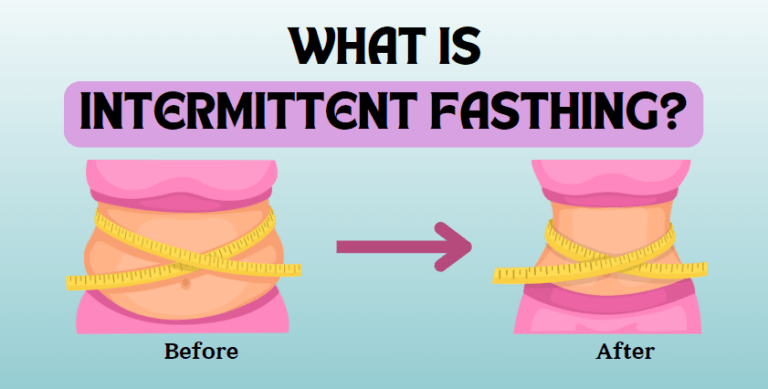
One Comment